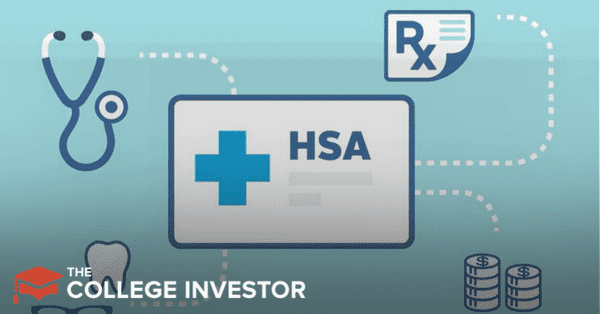Where To Open An HSA (Health Savings Account)?


It can be confusing to know where to open an HSA or health savings account. For most people, you are offered an HSA through your employer, and your employer simply opens the account for you as part of your benefits (just like they do wth a 401k).
However, if you’re self-employed, OR if you’re leaving your employer and have an old HSA, you need to open your own HSA account at an HSA provider. You can then fund your HSA, or rollover your HSA from your old employer.
To setup an HSA, you simply need to open an account at an HSA provider. We have a list of the best HSA providers here.
Opening an HSA account is fairly straightforward – you sign up, enter your name and social security number, address, and you have an account.
You can then fund your HSA account. If you’re rolling over an old HSA from a past employer, you can do this online or contact customer service at your new provider. They can help walk you through – but you really just need your old account information. It will take about 2-4 weeks to get everything moved into your new account.
If you are funding your own HSA because you’re self employed AND have a qualifying health insurance plan, you can contribute based on the HSA contribution limits. Here’s the limits this year:
HSAs come with a lot of benefits. They are known for being “triple tax-free” when used correctly. What this means is:
Plus, unlike other accounts, your HSA is an investment account. This means that you can invest your HSA funds to see much higher growth than you would with a savings account.
This makes an HSA one of the best account-types you can have.
No, most banks do not offer a health savings account. You need to open an HSA at an HSA provider.
The best HSA account is the one that charges no monthly fees, and allows a lot of options for investing. Fidelity and Lively are consistently ranked as a best HSA account.
Yes, you can open an HSA account online at most providers.

Student loans often follow borrowers for years, sometimes decades. Even people who fully understand how much they borrowed can feel...

It was a busy week for RIA aggregators. There were a few large moves, including $235 billion multi-family office Cresset...

Blog Posts Archives UnfavoriteFavorite February 27, 2026 Weave: The Social Fabric Project Subscribe to Weave’s Newsletter This story was originally...